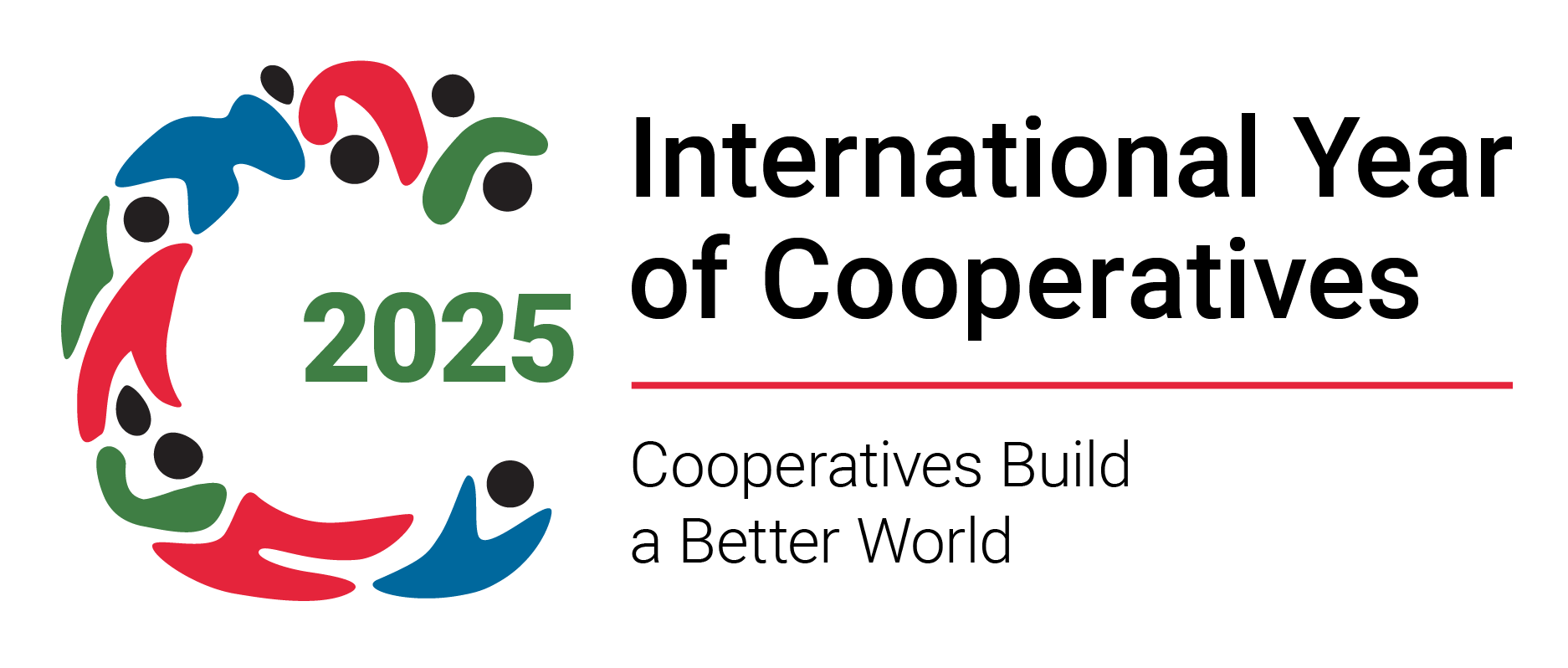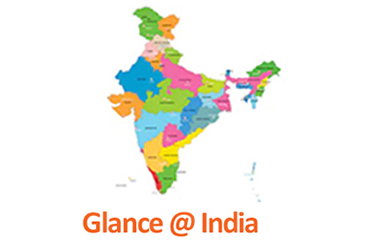- Home
- About Us
-
Consular Services
- Launch of e-Clearance for Afterlife Remains (eCARe) portal
- Instructions regarding entry into the consular Wing
- Reissue of International Driving Permit (IDP)
- Postal Applications
- Visa Services
- Passport Services
- OCI Information
- Renunciation of Indian Citizenship/Surrender Certificate
- Attestation,Consular and Misc.Services
- Weekly Open House
- MADAD - Consular Services Management System
- Indian Community Welfare Fund
- FAQs on Marital disputes involving NRI/PIO spouses

- Public Notices & Circulars
-
Embassy Wings
- Economic & Commercial Wing
- Contacts
- GI Digital Catalogue

- Overview of Indian Economy
- India-Germany Economic & Commercial Relations
- Doing Business in India
- Make in India

- Invest India

- Flagship Programs of Government of India

- Doing Business in Germany
- Trade Fairs
- Trade Dispute Advisory
- Foreign Investment
- Foreign Trade
- Newsletters

- Attestation of Documents

- Community Welfare
- Culture
- Information Wing/Media Center
- Science & Technology

- Political
- Consular
- Defence Wing
- Economic & Commercial Wing
- Media Center
- India-Germany Relations
- MIIM
- Useful Links
- Tenders
Remarks by External Affairs Minister at World Sustainable Development Summit - High Level Round Table on Rebooting Green Growth (February 10, 2021)
February 11, 2021
Mr Mohammed Nasheed, Speaker of the People’s Majlis, Republic of Maldives
Mr John Forbes Kerry, United States Special Presidential Envoy for Climate
Hon. Wera Mori, Minister for Environment, Conservation and Climate Change, Papua New Guinea
Lord Goldsmith, Minister for Pacific and the Environment at the FCDO, UK
Dr. Ajay Mathur, Director General, TERI
Distinguished fellow speakers, Ladies and Gentlemen,
- I am happy to be here to address the Round Table on Rebooting Green Growth. I must also compliment the outstanding work done by The Energy and Resources Institute (TERI) over the years and also their efforts in bringing together such diverse and distinguished speakers for this 20th edition of the World Sustainable Development Summit.
- After a year of the pandemic, we are now seeing optimism around us. Covid-19 may have devastated the world economy, causing immeasurable damage. Millions have lost their jobs and many have been pushed back into poverty. India too has seen immense damage done to the economy and livelihoods of people. But there is good reason for hope. Vaccinations have begun. World economies that were brought to a halt are now slowly picking up. India is projected to grow at over 11% next fiscal. But what is important, for the world as much as India, is that this growth must be as Green as possible.
- Do we have the capability and confidence to ensure that? There are lessons from the Covid experience that we need to reflect on. Initial shortages of masks, PPEs, ventilators etc were met by ramping up production levels. The same was done for pharmaceuticals and now for vaccine production as well. In fact, this is an example of strengthening a sector even in the midst of a pandemic. India can play an important and positive role here and we intend to do so. To date, we have supplied over 23 million doses of vaccines to 20 countries in our neighbourhood and beyond.
- All of you would agree that climate change is a key global challenge. India is clearly a leader in Climate Action. Addressing this challenge requires us to evolve a comprehensive approach which covers education to values, and from lifestyle to developmental philosophy. We need global awareness to bring about behavioural change. Respect for nature, the judicious use of resources, reducing our needs and living within our means have all been important aspects of both India’s traditions and its present day efforts. As Prime Minister Modi has said, respect for nature is an integral part of our culture and protection of environment comes naturally to us. We, the present generation, have the responsibility to act as a trustee of the rich natural wealth for future generations.
- Among G-20 nations, India is on track to meet its climate change mitigation commitments. We currently have the fastest-growing solar energy programme in the world. We have expanded access to clean cooking fuel to cover over 80 million households in need, which has led to energy saving of about 47 billion kWh per year and reduction of 38 million tonnes of CO2 per year. This is among the largest clean energy drives globally.
- The renewable energy installed capacity in India has grown 162% in the last five years. India’s solar installed capacity has increased by about 13 times in last 6 years. Government has revised the target of grid connected solar power projects to 100,000 MW under the National Solar Mission.
- Apart from domestic actions, India has now taken a lead in bringing together international coalitions and also helping other countries address this challenge. Let me speak about four such initiatives. One, the International Solar Alliance (ISA) has become an example of how positive global climate action can be taken forward through partnerships. ISA provides a dedicated platform for cooperation among governments, multilateral organizations, industry, and other stakeholders to help achieve a common goal. Increasing the use and quality of solar energy to meet energy needs in a safe, convenient, affordable, equitable and sustainable manner enhances energy security and sustainable development, and improves access to energy in developing member countries. It is among the fastest growing International Organisations today, with 89 signatories. With plans to train thousands of stake-holders, and promote research and development in renewable energy, the ISA will contribute to reducing carbon foot-print. India has already committed US$ 1.7 billion under Lines of Credit towards solar projects in various countries. ISA has recently launched two initiatives – a ‘World Solar Bank’ and ‘One Sun One World One Grid Initiative’ - of global import that are poised to be instrumental in bringing about a solar energy revolution globally. The proposed World Solar Bank would cater to the need for dedicated financing window for solar energy projects across the members of the ISA.
- At the 2019 Climate Summit, we also launched another important international initiative to make infrastructure disaster resilient called the Coalition for Disaster Resilient Infrastructure (CDRI). 20 countries - including 10 from the G20 - and 4 international organisations have already joined the CDRI. It is working to garner attention towards Infrastructure damage during natural disasters, which especially impacts the poorer nations. In 2021, CDRI, which is co-chaired by India and UK, will host its third global event, which will be an opportunity to take stock of the progress as well as give added impetus in the run up to COP 26. Government of India has allocated US$ 70 million to support the work of the CDRI.
- The India-UN Development Partnership Fund is another practical manifestation of climate action and sustainable development in the spirit of South-South cooperation. The Fund established in 2017, aims to contribute to the efforts of developing countries towards the realization of the 2030 Agenda for Sustainable Development Goals including on Climate Action. The Fund is supporting efforts in countries in Pacific Islands, Africa, Caribbean countries with provision of Climate Early Warning Systems, solar home systems, solar pumps, and projects to repair damage due to climate change induced by events such as hurricanes. The Fund has already supported projects in 48 countries for various SDGs through a US$150 million multi-year pledge by the Government of India.
- Also at the 2019 Climate Summit, India along with Sweden also launched the Leadership Group on Industry Transition (LeadIT) along with the World Economic Forum with the support of Stockholm Environment Institute in 2019 to boost climate ambitions and actions to implement the Paris agreement. This initiative provides a platform for governments and the private sector to help develop low carbon pathways for industry. Currently, the Group has membership of 13 countries and 15 companies, and is committed towards low carbon industry transition.
- As we go into COP 26 this year, there are several threads that need to be addressed. Climate Ambition needs to go hand-in hand with the framework for financial, technical and capacity building support to countries who need it. It is equally important for countries to fulfil their pre-2020 commitments.
- Let me conclude here by saying that we look forward to more ideas coming out of the discussions today and tomorrow on how India can contribute and strengthen global efforts to address these challenges.
New Delhi
February 11, 2021


























